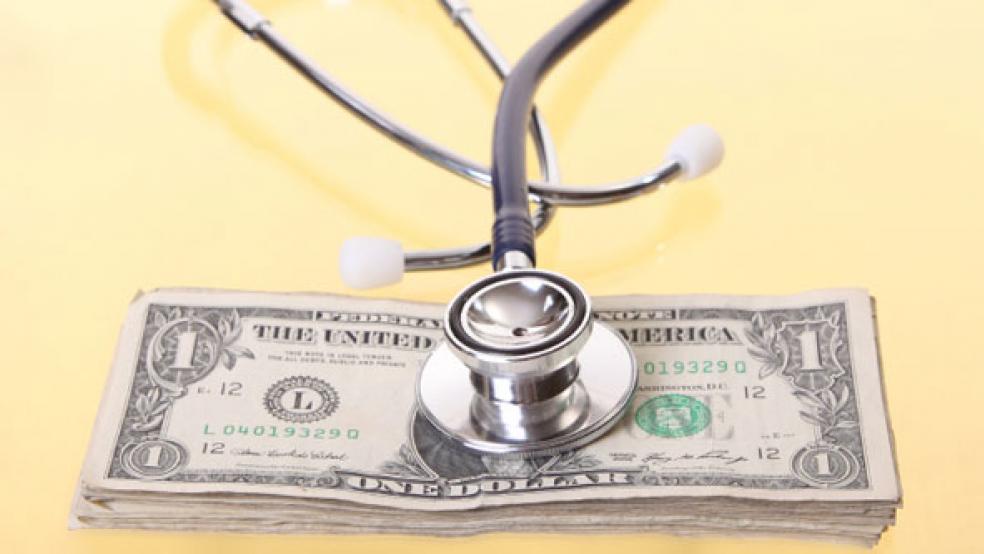National health care spending will rise at an annual average rate of 5.6 percent of GDP over the coming decade, nearly four times the current rate of inflation, according to a new government study.
Although the projected growth rate has slowed slightly from the previous year’s forecast, the analysis by the Centers for Medicare and Medicaid Services (CMS) confirms that as more Baby Boomers retire and overall entitlement spending continues to grow, 19.9 percent of the overall economy will go for health care and prescription drugs by 2025. That compares to 17.8 percent of GDP currently.
Related: Are Republicans Losing Momentum on Obamacare Repeal?
Economic expansion, rising medical and drug costs and a rapidly aging population were all cited as factors contributing to rising health care costs, according to CMS data that was published Wednesday in the journal Health Affairs. Last year, the growth in health care costs slowed 1.1 percentage points to 4.8 percent, thanks in part to a lull in the growth of Medicaid and prescription drug spending. But that rate is expected to pick up again in the coming years.
Rising drug prices and episodes of blatant price gouging by pharmaceutical companies have drawn the attention of President Trump and some Republican and Democratic members of Congress, and are likely to inspire some sort of government action this year.
However, the new CMS report says that increased competition among drug manufacturers could help to slow the rate of spending on prescription drugs, especially as patents expire on many name brand drugs and generic drug manufactures offer cheaper substitutes.
It’s important to note that the CMS forecasts are premised on the assumption that the current U.S. health care system remains in place. However, Trump and the Republican controlled Congress are pressing for action to repeal and replace the Affordable Care Act, which would greatly alter the equation if they are successful. Obamacare has provided coverage for millions of previously uninsured Americans.
The insured percentage of the population is currently projected to increase from 90.9 percent in 2015 to 91.5 percent by 2025, assuming no change in current law.
Related: With Drug Prices Soaring, You May Not Get the Meds You Need
“While there is currently significant debate involving potential future health-sector policy changes, the scope, timing, and impact of such possible changes on health spending and health insurance coverage are all uncertain at this time,” the CMS report stated.





